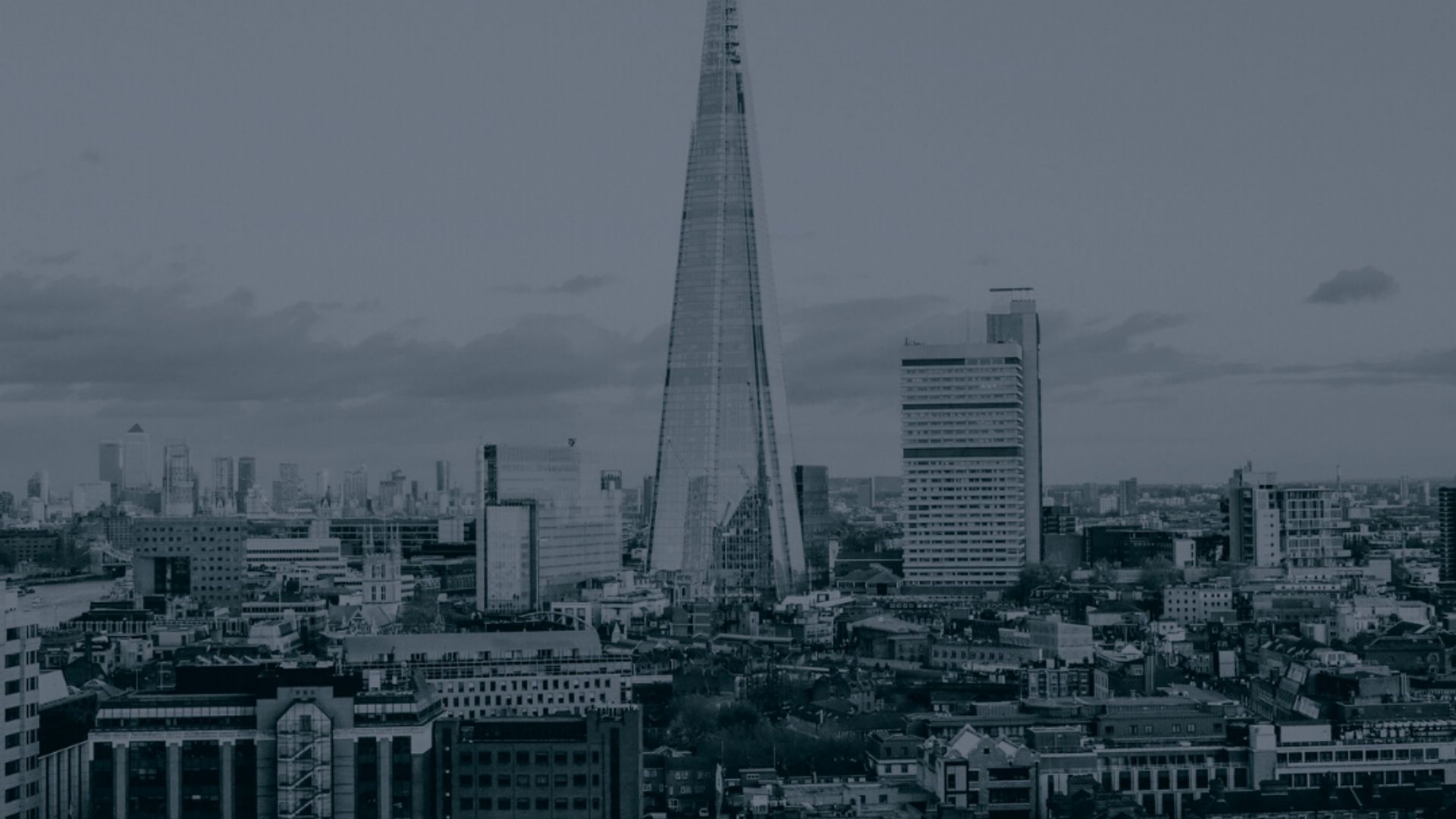London Mayoral election: a view from Prof. Tony Travers
London has become a ‘Labour city’. Indeed, at the 2019 election London produced Labour’s highest regional vote share – above even the North East and North West. The capital vies with Merseyside for the country’s biggest Labour majorities in Parliament. Some of the capital’s Labour MPs amass over 40,000 votes, equivalent to three quarters of the turnout. The Conservatives are in gradual retreat having been competitive with labour as recently as the early 1990s.
In the national context, the Conservatives are becoming the party of smaller towns and predominantly rural areas – in the wider South East though now also in parts of the industrial North and Midlands. Labour wins in London and the centres of other major cities, with residual (though declining) support in parts of South Wales and other ex-industrial areas. A quarter (49 out of 199) of all Labour MPs currently sit for London constituencies.
Against this backdrop, the London mayoral and borough elections are also becoming harder for the Conservatives to win. Labour won 21 boroughs in 2018 and the Conservatives just seven. The sole bright spot in recent years (apart from holding onto prizes such as Westminster and Wandsworth in 2018) was the election in 2008 and 2012 of Boris Johnson as mayor. It is a measure of the current prime minister’s capacity to win elections for the Conservative Party that he did so in a city which had for some time been moving increasingly leftwards.
Sadiq Khan and Shaun Bailey square up to each other this week in the shadow of this recent history. Opinion polls have shown Khan solidly ahead of Bailey, though with some narrowing in the lead during the past week. In earlier elections the polls have been predictive. It is likely they will be so again. The Conservatives may lose one of their assembly members, while the Liberal Democrats and Greens hope to win one more each. An array of smaller parties, curiosity candidates and YouTubers are also in the mayoral race and there will be something to be learned from which of them do worse than the others.
The apparent big lead for one mayoral candidate, coupled with Covid fallout, may suppress voting. In 2016, turnout was 45 per cent, the highest ever in a Greater London Authority (GLA) contest. A very low turnout would doubtless be interpreted by some in government as a rationale for questioning the need for a London-wide authority.
On 6 May 2021 the GLA will have governed the capital for longer than the Greater London Council. The latter survived from 1 April 1965 to 31 March 1986. Devolution within England is currently stalled. Separately, Covid has made the Mayor of London less autonomous in relation to transport than hitherto because of the necessity for a bailout partly to replace lost fares income. Ministers have latterly also sought to intervene in mayoral planning and housing policy.
As the UK’s Conservative government struggles to hold the Union together and Labour attempts to make itself electable nationally, London will need to reassert itself as a politically plural and open city. All the major parties need to reassess how they win in the capital, for their own sake and for London’s.






1 Comments